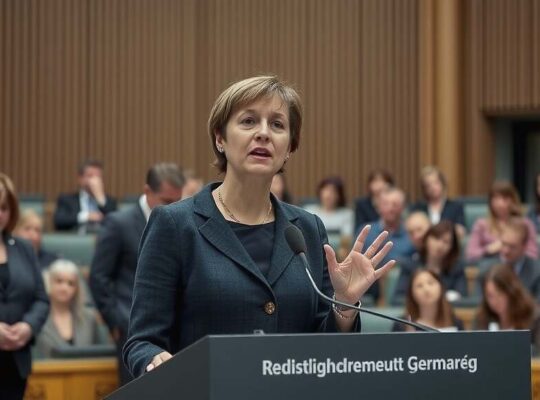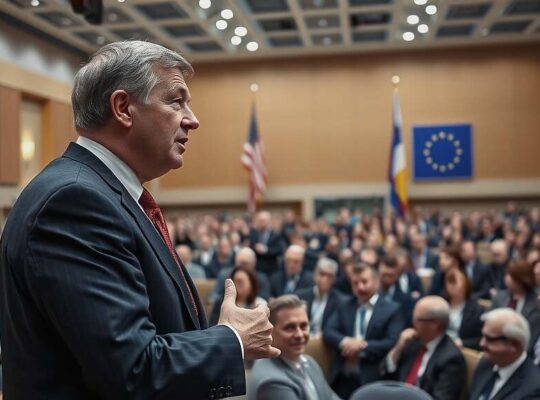Germany’s governing coalition appears to be navigating a complex and politically charged debate regarding the future of mandatory military service, with Chancellor’s Office Minister Thorsten Frei expressing cautious optimism about a resolution. The discussions, centered on bolstering the personnel ranks of the Bundeswehr, are occurring against a backdrop of heightened security concerns and ongoing support for Ukraine.
Frei’s comments to the “Rheinische Post” underscored a shared objective among coalition partners: securing the necessary manpower for the armed forces. He emphasized the urgency, stating that the currently strained geopolitical landscape allows for no delays in resolving the matter. This sentiment reflects a growing recognition within the government that the Bundeswehr faces a critical shortage of personnel, particularly as Germany intensifies its defense posture and commits to increased international security obligations.
Defense Minister Boris Pistorius is reportedly facing a formidable task in overhauling the Bundeswehr across personnel, equipment and infrastructure, a challenge compounded by the concurrent need to sustain significant military aid to Ukraine. This dual burden highlights the escalating demands placed on German resources and potential trade-offs in prioritizing national defense versus international commitments.
However, despite the outward display of unity, significant disagreements persist between the Social Democrats (SPD) and the Christian Democratic Union (CDU) regarding the mechanisms to employ if voluntary enlistment falls short of projected targets. This fundamental divergence – whether to implement conscription-like measures or rely on other incentives – exposes underlying political philosophies and reflects a broader debate about the role of the state in national service. The CDU is reportedly pushing for more robust options to ensure adequate staffing levels, while the SPD favors alternative recruitment strategies.
The coming weeks are expected to be crucial as Minister Pistorius seeks to broker a compromise that satisfies coalition demands while avoiding a protracted and potentially divisive political battle. The resolution will be closely watched, not only within Germany, but also among European allies, as it signals Berlin’s commitment to its defense responsibilities and its willingness to adapt to the evolving security landscape.












